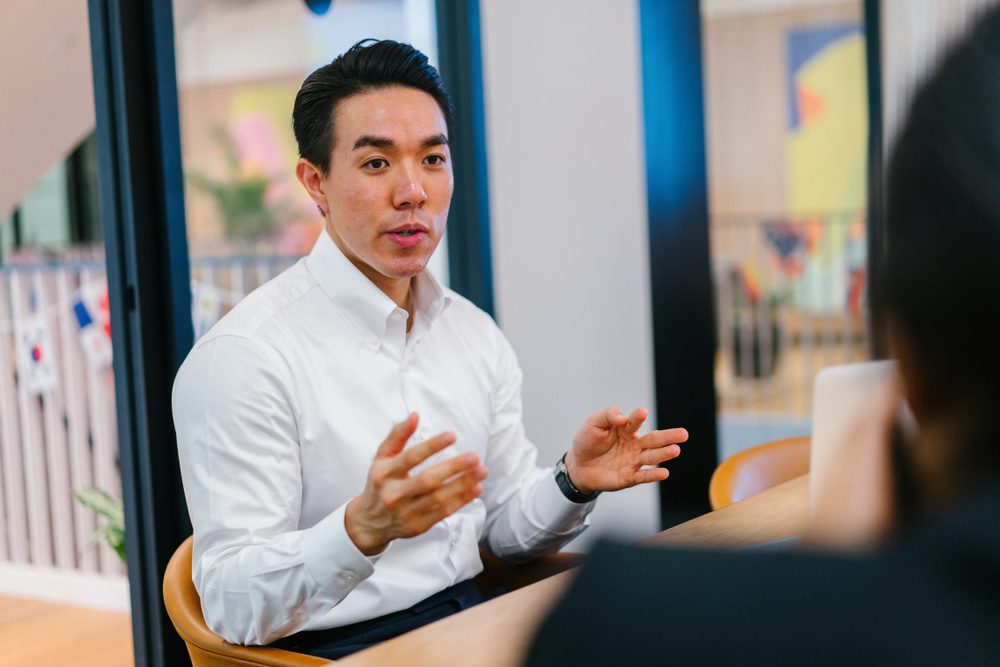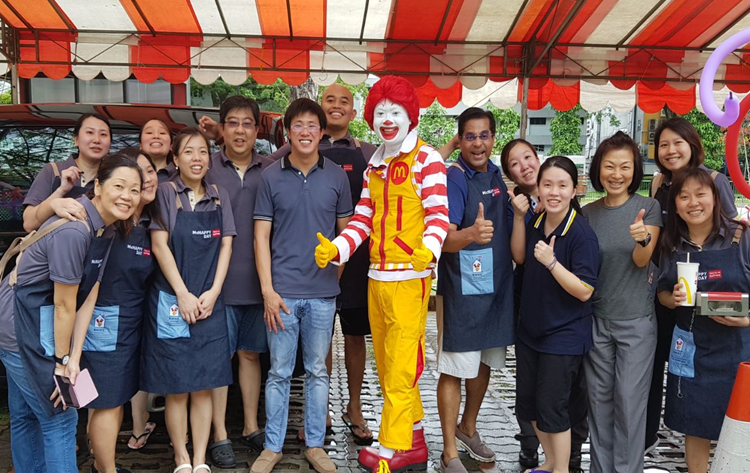In today’s working world, the size of a paycheque alone does not seem to be enough enticement to keep staff on board. This has caused employers to look into benefits, sometimes even unique perks, to attract the right staff and importantly, retain them. A 2017 Deloitte report showed that nearly 80% of staff rated employee engagement as important. We look at some ways companies in Singapore approach benefits for staff in order to ensure productivity for the company and meaningful engagement.
Instilling a great company culture
Company culture has been a buzzword over the last few years. In fact, there is increasing evidence that companies who perform strongly financially also perform extremely well with regard to their workers and their company culture. A study by the Gallup organisation and Queens Business School found that businesses with highly engaged employees enjoyed 100% more job applications. Another study revealed that workplace happiness results in more productive employees. A strong company culture helps teams bond, allowing them to focus on the results they want to achieve together. It also helps staff better relate to their company’s value proposition — how they stand out and what makes them unique.
Med-tech firm Becton Dickinson (BD) has established a company culture that emphasises connecting with employees and listening to them. This has helped build a sense of community amongst staff, boosting productivity and collaboration, resulting in staff engagement and happiness so they feel that “it’s more than just a job”. Embracing this approach, says Deborah Peterson, BD’s Vice President of Human Resources, Greater Asia, has helped the company both attract and retain staff.
At McDonald’s Singapore, a key focus is on ensuring a supportive family environment and making it easy for their staff to work and play together. Every restaurant has an Enthusiasm Calendar filled with team-bonding activities such as fun outings, community outreach programmes and fitness activities for all staff, all year round. “It’s a great way of building camaraderie and team spirit, as well as showing appreciation and care to our people for their commitment and hard work,” says the company’s Director of Human Resources, Lynn Hong.

Consider job personalisation
Some companies such as BD have found that fitting jobs to employees rather than fitting employees to jobs is a good way to maximise staff engagement and happiness. BD refers to this as their job sculpting process — where they work with employees to create their ideal job within the organisation. The process looks at skills that motivate the employee as well as areas that he or she is not so motivated about, for example, areas where the staff has experienced burnout. This, says Deborah, helps the employee not only understand their current skills but the future skills they need so they can continue to grow and excel within the organisation. It also helps BD look within the company to see if there are suitable roles for staff or if a new role needs to be created that will benefit the employee.
For example, BD had an associate in the supply chain who felt burnt out. Upon discussion, HR learnt her current role was a direct clash with her skill sets and interest. HR intervention identified that the associate had strong skills in analysing data and extrapolating the business implications. Seeing her value to the company, they developed a new role that played to her strengths and interests — where she was able to support the business in sales data collection, analysis and visualisation, establishing customer insights and performing strategic planning.
Deborah notes that staff who have undergone this process are happy with their new roles. A recent example is that of an R&D engineer who was approached by another organisation for a similar role. “He came to us and told us of his intention to move on; so we had a respectful conversation to better understand more about his new role and how it fitted with his future goals,” Deborah shares. The discussion revealed his desire to explore a commercial role in line with his vision to head a business one day. Working closely together, BD created a commercial sales role for him in one of their sub-regions in Southeast Asia. “This allowed him to learn how this aspect of the business works and he’s really doing well. At a recent catch-up, his feedback was that he wouldn’t have been able to make this leap so easily in the other organisation because his specialisation has always been R&D and engineering,” she says.

Making work more flexible
About 40% of global candidates surveyed in a 2017 report listed schedule flexibility as one of the top three factors considered when making career decisions.
At McDonald’s Singapore, flexibility is embedded in the work culture, forming one of three core pillars in its “Employee Value Proposition”. Due to a diverse workforce — students, graduates, active agers and back-to-work homemakers — the organisation has realised there is no “one-size-fits-all” flexibility solution. As each group of employees has different personal needs, employees are offered flexible work options which suit their lifestyle, enabling them to balance family, personal and work commitments.

The organisation is reaping the rewards of its flexible work culture and has a lower-than-market-average attrition rate — a report in 2012 noted that over 95% of its employees felt that their work schedule fitted their current needs.
“We believe that when we take good care of our people, they will be inspired to grow their careers with us and serve our customers well,” says Lynn.

Reducing stress with an office pet
Bringing pets to the office may still be an uncommon practice in Singapore but the benefits of having animals around you are well-known — they help reduce stress and can help increase communication and socialisation. Multinational companies such as Google and Amazon are known to have pet-friendly policies.
One of the rare few in Singapore, digital agency Digital Boomerang has an office pet. Their “office manager” is Sir Rupert, company founder Charlotte Ong’s corgi, who is also referred to as their Happiness Manager. Charlotte shares that he has made their office environment a lot more casual and less tense. The staff take turns taking him for regular walks, and on tough days, he’s noted as being a comfort to have around.














